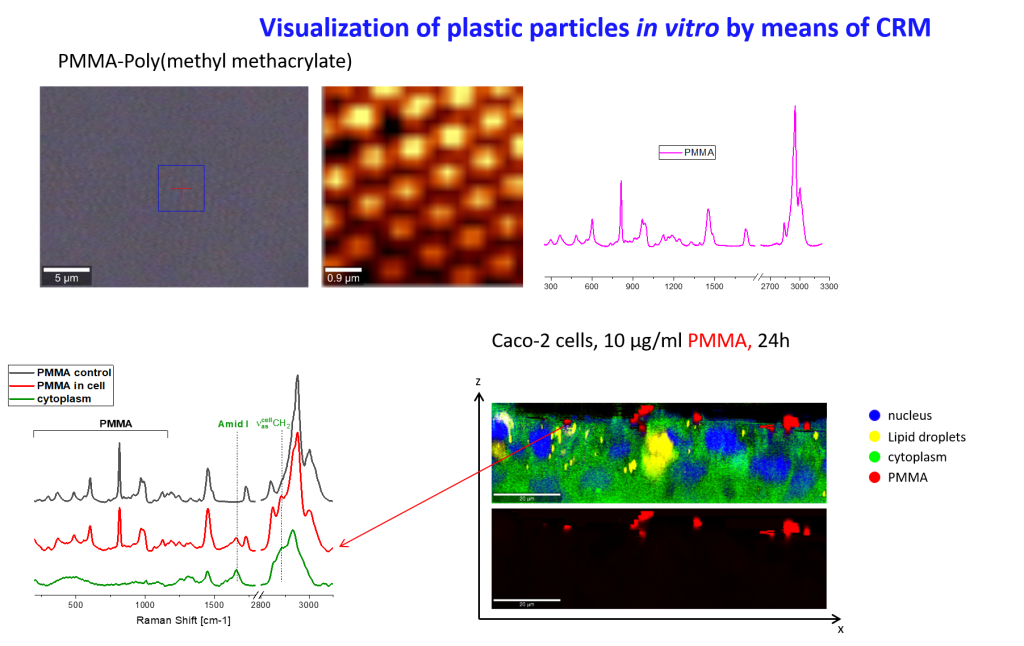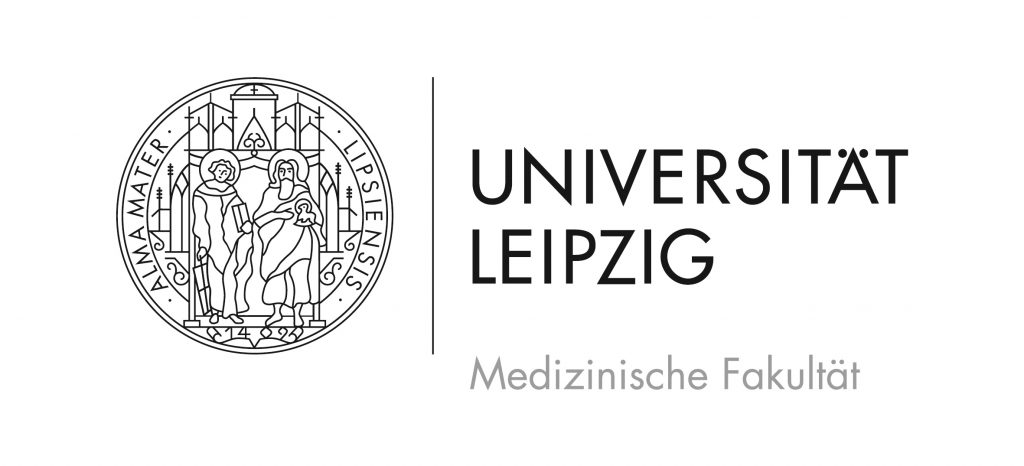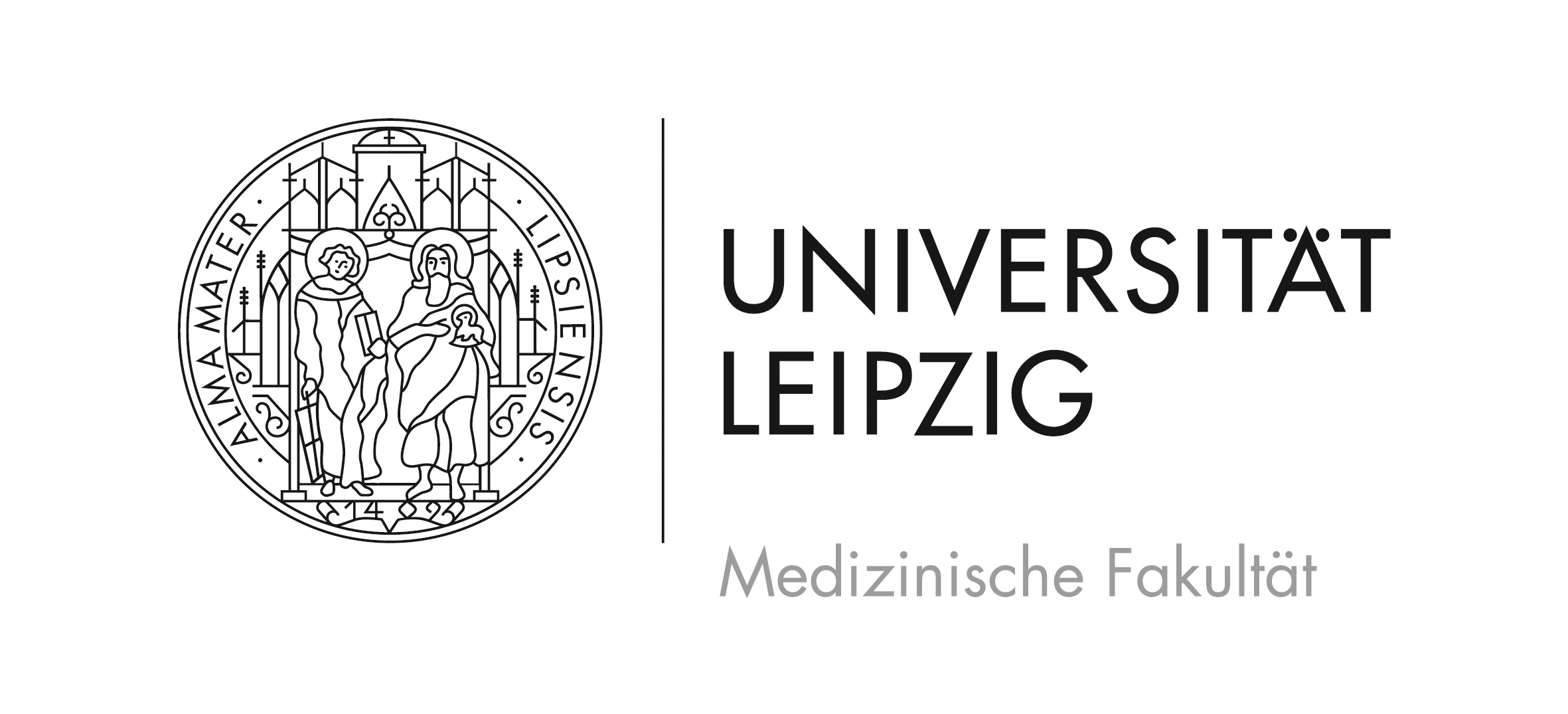
Innovative tools to study the impact and mode of action of micro and nanoplastics on human health: towards a knowledge base for risk assessment.
Launched in April 2021. Duration 4 years
The project PLASTICHEAL is supported by European Commission in the framework of Horizon 2020, Grant N°: 965196
PLASTICHEAL, together with AURORA , IMPTOX , PlasticsFatE , and POLYRISK, is one of the five European main research projects currently working to understand micro- and nanoplastics (MNPLs) in our environment and their exposures and impacts on health. These projects are funded under a call within the European Union’s Horizon 2020 program. To optimise synergies, these five projects have formed the European Research Cluster to Understand the Health Impacts of Micro- and Nanoplastic (CUSP).
Project supported by European Commission in the framework of HORIZON 2020: “Innovative tools to study the impact and mode of action of micro and nanoplastics on human health: towards a knowledge base for risk assessment (PLASTICHEAL)”, GA N°: 965196 , launched in 04.2020, duration 4 years (410,121,00 €)
Primary plastics could be degraded to nanoscale particles at environmental conditions. These particles are persistent and accumulate in abiotic and biotic environments. Ingestion of food and inhalation of plastics are two main routes of human exposure to micro and nanoplastics (MNPLs). However, there is only very limited information on their potential impact on human health. In this context, the PLASTICHEAL project aims at providing new methodologies and evidence to regulators by combining the use of breakthrough research and reliable test methods to set the knowledge basis for adequate risk assessment of MNPLs. The team of Dr. Estrela-Lopis is involved in four workpackages: Enviromental Monitoring, Human Biomonitoring, Impact on GIT(gastrointestinal)&RT(respiratory) barriers and Fate& Bioaccumulation in in vivo models.
The main issues to be addressed by the Leipzig group:
- methodology development towards the needs of detection, chemical identification, quantification and visualization of MNPLs in air, food, water as well as in urine, blood, faeces and exhaled breath condensates of patients undergoing frequent dialysis and of workers of the Plastics Industry and in greenhouses;
- transformation and degradation monitoring of MNPLs in biological and environmental media;
- visualization and quantification of translocation of MNPLs through barriers and their uptake at subcellular level in single cells by means of high resolution space resolved element and molecule based analysis;
- monitoring of plastic induced biochemical changes and their interaction with biomolecules within single living cells;
- study of fate and bioaccumulation in in vivo models using 3D-CRM (confocal Raman microscopy) and element-based dosimetric imaging.

Project partners:
N | SHORT NAME | PARTICIPANT ORGANISATION NAME | TYPE* | COUNTRY |
1* | UAB | Universitat Autònoma de Barcelona | RES | ES |
2 | FIOH | Finnish Institute of Occupational Health | RES | FI |
3 | WUR | Wageningen University & Research | RES | NL |
4 | DTU | Technical University of Denmark | RES | DK |
5 | CEA | Commissariat à l’Energie Atomique et aux Energies Alternatives | RES | FR |
6 | IMIB | BioMedical Research Institute of Murcia | RES | ES |
7 | UNIMAN | University of Manchester | RES | UK |
8 | AIMPLAS | Instituto Tecnológico del Plástico | TC | ES |
9 | CRCL | Centre de Recherche en Cancérologie de Lyon | RES | FR |
10 | UFZ | Helmholtz-Center for Environmental Research | RES | GER |
11 | ULEI | University of Leipzig | RES | GER |
Address
-
Universität Leipzig
Medizinische Fakultät
Institut für Medizinische Physik
und Biophysik
Härtelstraße 16-18
04275 Leipzig - +49 341 97 15700
Press
Fakultätsverwaltung/Öffentlichkeitsarbeit
Peggy Darius
Liebigstr. 27
04103 Leipzig
Tel. 97-15798

Liebigstr. 27
04103 Leipzig
VAT No. DE141510384

